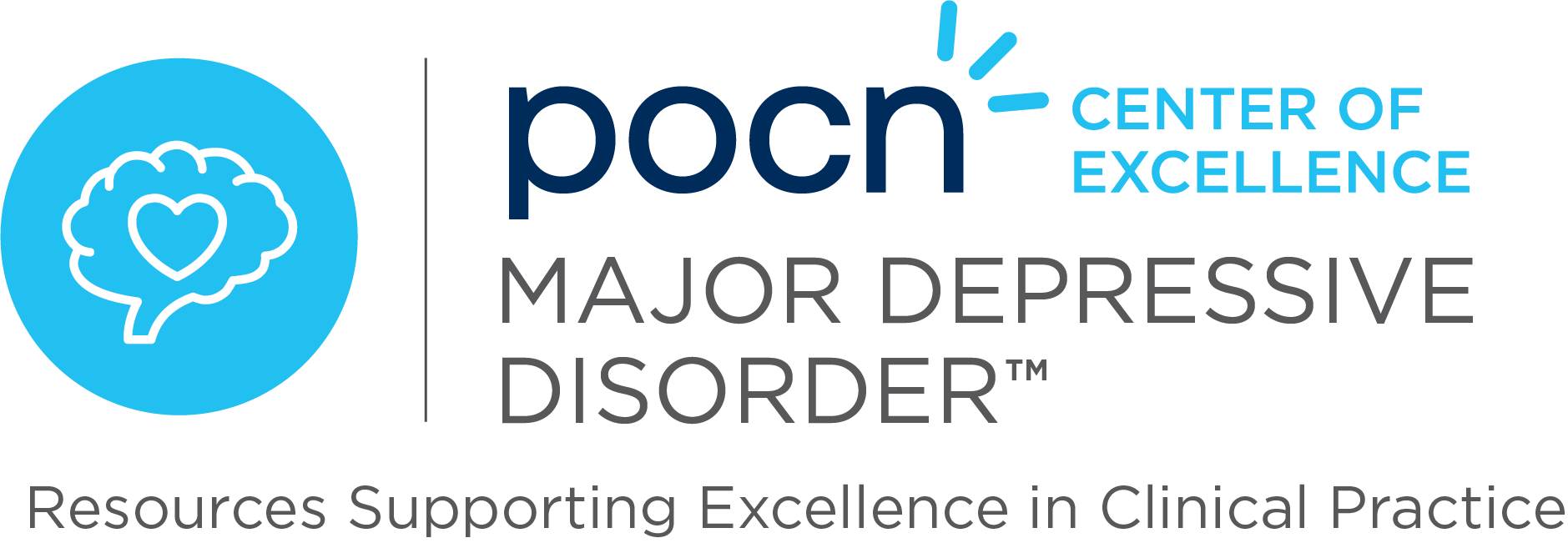The rapid development of internet technology has increased the prevalence of problematic internet use (PIU), which negatively impacts mental health, social adaptation, and academic performance, particularly among college students. Studies show that physical exercise is an effective intervention, with a negative correlation between physical activity and PIU. Regular physical exercise reduces internet overuse, improves self-control, and mitigates symptoms associated with internet addiction, such as compulsive behavior, withdrawal, and interpersonal issues.
Additionally, self-control and loneliness play significant roles in mediating the relationship between physical exercise and PIU. Physical exercise enhances self-control, which in turn reduces compulsive internet use, while also alleviating loneliness, a key driver of PIU. College students with high self-control tend to experience less loneliness and are less prone to internet addiction, while those with low self-control and high loneliness are more likely to overuse the internet. The findings suggest that regular physical exercise not only directly prevents PIU but also does so indirectly by promoting self-control and reducing loneliness.
Reference: Xu, J., Tang, L. The relationship between physical exercise and problematic internet use in college students: the chain-mediated role of self-control and loneliness. BMC Public Health. 2024. doi: 10.1186/S1288902419226x


